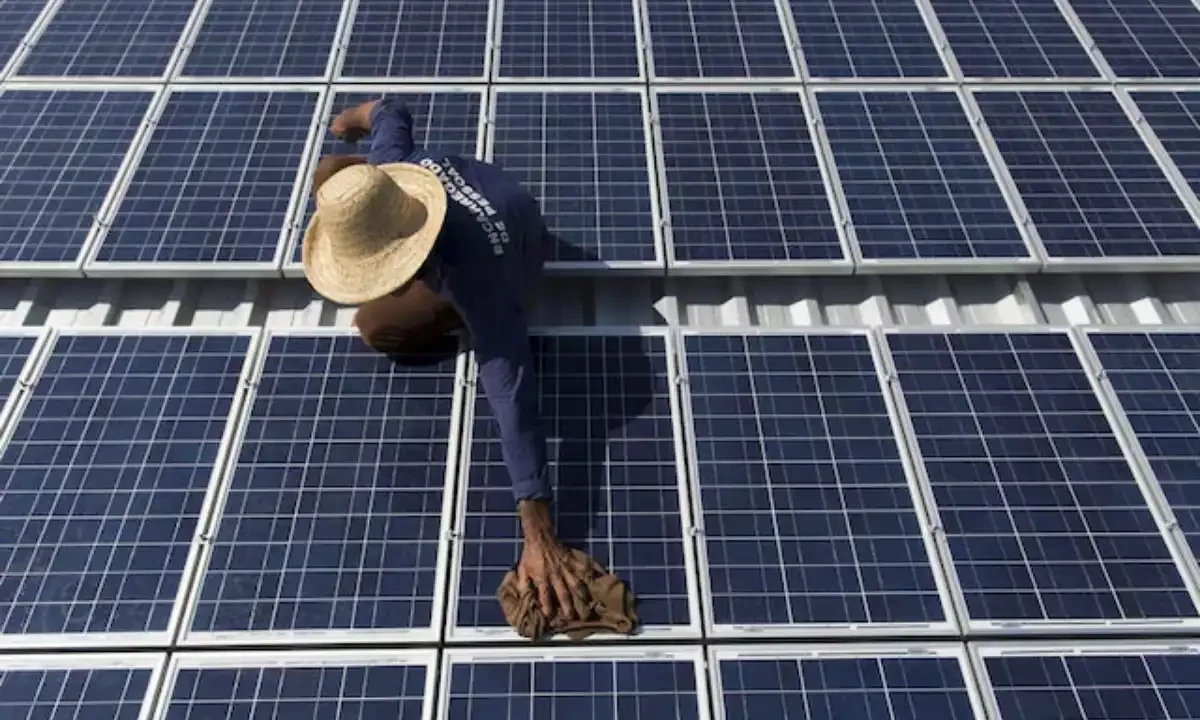Officials from the Federal Board of Revenue (FBR) revealed to the Senate Standing Sub-Committee on Finance and Revenue that commercial banks facilitated a significant money laundering scheme disguised as solar panel imports, amounting to Rs. 117 billion.
The Revenue Division’s investigation uncovered over-invoicing totaling Rs. 69.5 billion between 2017 and 2022, during which time substantial capital was funneled abroad instead of being utilized for legitimate trade activities.
The committee was informed that 63 importer companies were implicated in the over-invoicing scam. Concerns were raised regarding how companies with minimal paid-up capital managed to conduct business transactions worth billions. For instance, one company with a capital of just Rs. 2 million executed transactions totaling Rs. 50 billion, while another with Rs. 10 million capital engaged in Rs. 40 billion worth of trade.
The inquiry also scrutinized the role of commercial banks in facilitating these dubious transactions. Although the State Bank of Pakistan (SBP) imposed fines exceeding Rs. 200 million on the banks involved, committee members questioned the adequacy of these penalties, with one senator demanding clarification on the central bank’s actions against the implicated banks.
FBR officials confirmed that the funds were transferred to various countries, including the UAE, Singapore, Switzerland, the US, Australia, Germany, Canada, South Korea, Sri Lanka, and the UK.
The Financial Monitoring Unit (FMU) had flagged suspicious transactions as early as 2019 but only submitted 28 Suspicious Transaction Reports (STRs) to the FBR. The Senate committee criticized this delayed response and called for a comprehensive report from the SBP, FMU, and FBR to further investigate the matter.
Bank officials disclosed that private companies executed multiple transactions, with one company, Bright Star, conducting four transactions worth $185 million, and another, Moonlight, completing two transactions totaling $49 million. Overall, the case reported $427 million in over-invoicing and money laundering.












